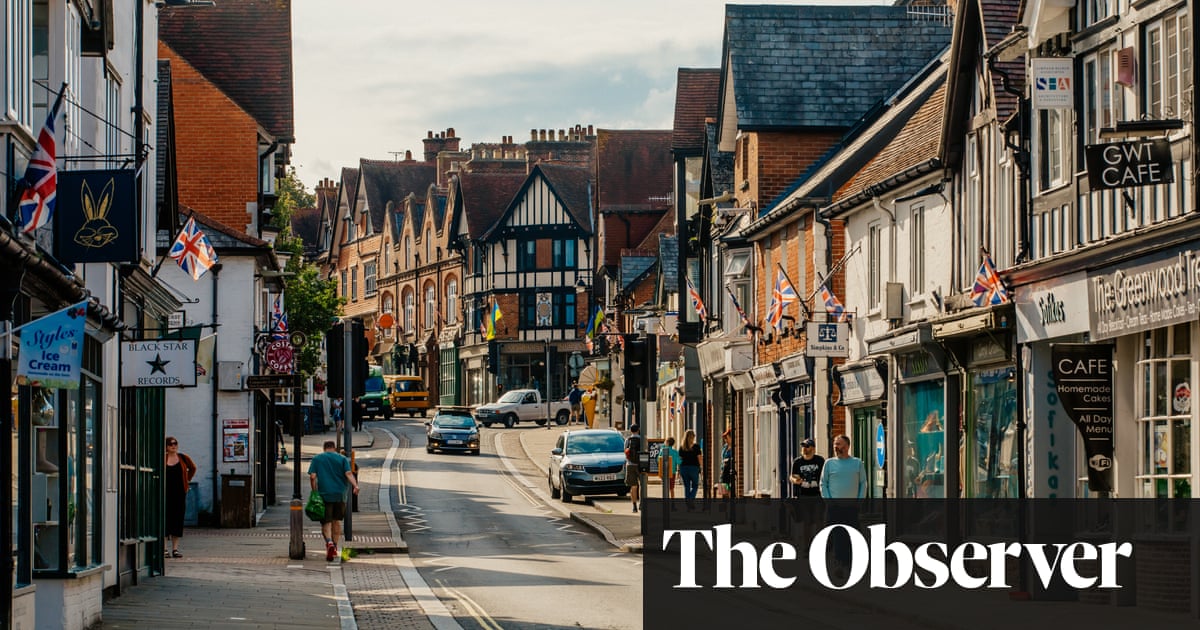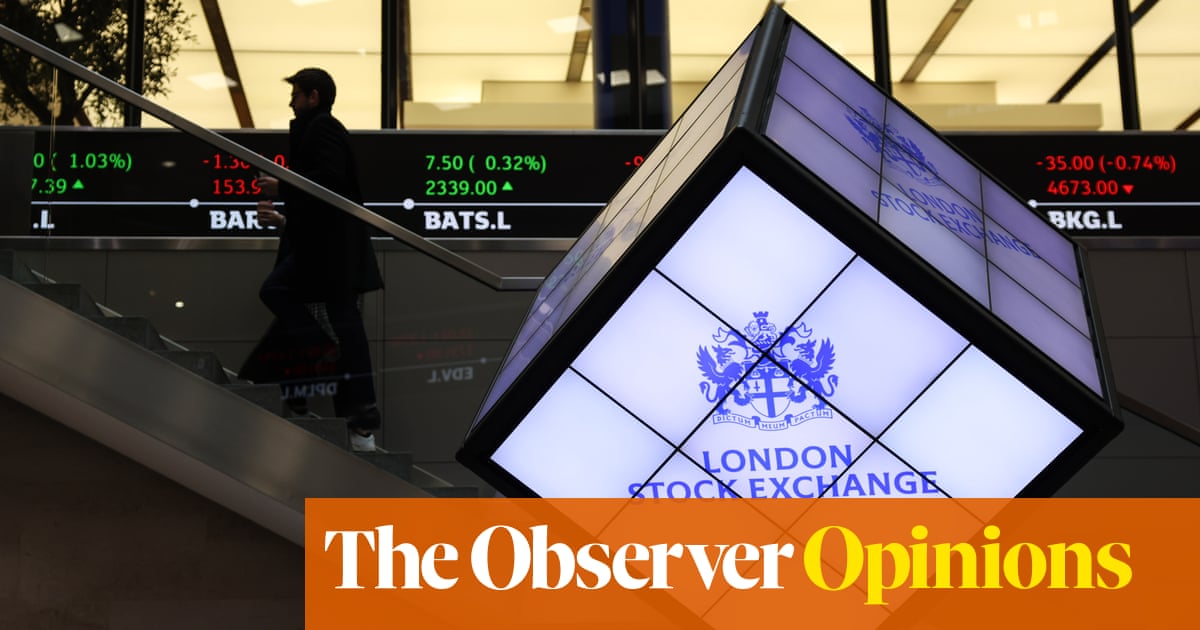
ake back control” worked wonderfully well as a campaign slogan. It infuriated Remainers while Leavers struggled to specify any European Union rule that they would change should they be able to do so. However, Dominic Cummings knew all too well it was the idea of control, rather than the question of what to do with it, that mattered most to Leave voters. The latter was a problem for later.
Later has now arrived. The UK has indeed reclaimed its sovereignty. As a result, we will now have to come to decide what kind of country we aspire to be in terms of broader regulatory terms. The available evidence suggests that the government won’t find it as easy to keep on the right side of public opinion when exercising its new-found power as it did when it demanded control.
Do we, for instance, want to allow lightbulbs that waste energy or to ban them? Should mobile phone companies be forced, through regulation, not to hike up prices when we are abroad? Should food standards be higher, to the point of banning certain products, even if that increases the price of imports and the cost in supermarkets? Is it right to subsidise farmers with taxpayers’ money to grow the food we need? And would we mind losing some of our rights at work, in the name of competitive deregulation?
All of these are, broadly, questions about state interference in the market. On each, the government can now decide on behalf of the public. And on those questions, the British Social Attitudes survey – a gold standard measurement of public opinion – is very clear.
Some 66% say old lightbulbs should be banned. More than two-thirds of voters want to keep EU rules that limit the cost of calls made abroad. Almost nine in 10 say that the UK should not allow hormone-treated beef to be sold and three-quarters say the same about chlorinated chicken. Some 65% think the public should regularly pay farmers. The UK Research and Innovation (UKRI) Future of Britain project, led by Professor John Curtice, has found that the more the public debates these regulatory questions, the greater the opposition to deregulation becomes.
All of these issues, individually, are unlikely to get the average voter excited. Cumulatively, along with decisions on tax and welfare, they amount to deciding whether or not the UK wants to remain a mainstream European social market economy. And on this, voters are clear. The median British voter is a leftwing authoritarian: strongly in favour of state intervention and sceptical of big business. This is particularly true of voters who switched to the Conservatives in 2019, 81% of whom agree that “big business takes advantage of ordinary people”.
In adapting to this political reality, the prime minister is constrained by his parliamentary party. For many Conservative MPs, Brexit was a political means to an economic end. Our research at the UK in a Changing Europe found Tory MPs, as you might expect, have a clear ideological aversion to a large role for the state. It was and, as Daniel Hannan demonstrated, remains an article of faith for Conservative Eurosceptics that leaving provides an opportunity to exploit the efficiencies that deregulation could bring.
As a result, the theoretical opportunity of moving away from EU rules was the key priority for the UK government in negotiations. There will be huge pressure from within Boris Johnson’s parliamentary party, despite the very real possibility of “proportionate” retaliatory tariffs, to use these new levers to engage in regulatory competition.
Previously, the hawkish economic instincts of the parliamentary Conservative party were partially disguised by EU membership. As the Leave campaign made clear so effectively, there were certain things we simply could not do – and hence did not need to debate – while in the EU. Railing against EU “diktats” made for good politics, as it turned out.
Yet if Brexit has made the lines of democratic accountability clearer, that also leaves fewer places for the governing party to hide. One of the curious side effects of those Brexit wars, followed by the coronavirus crisis, has been the limited extent to which we have actually been governed over the last few years.
Now, with the end of transition, the government will be asked to make a series of public policy choices, some of which have not been debated domestically for some time. The government may be beginning to realise that making these decisions comes with political costs attached. Equally, these arguments provide an opportunity for the Labour party to put itself on the right side of public opinion when it comes to the economic implications of Brexit.
In short, the prime minister won the Brexit war. Keir Starmer may have an opportunity to win the peace.
• Anand Menon and Alan Wager are at UK In A Changing Europe












